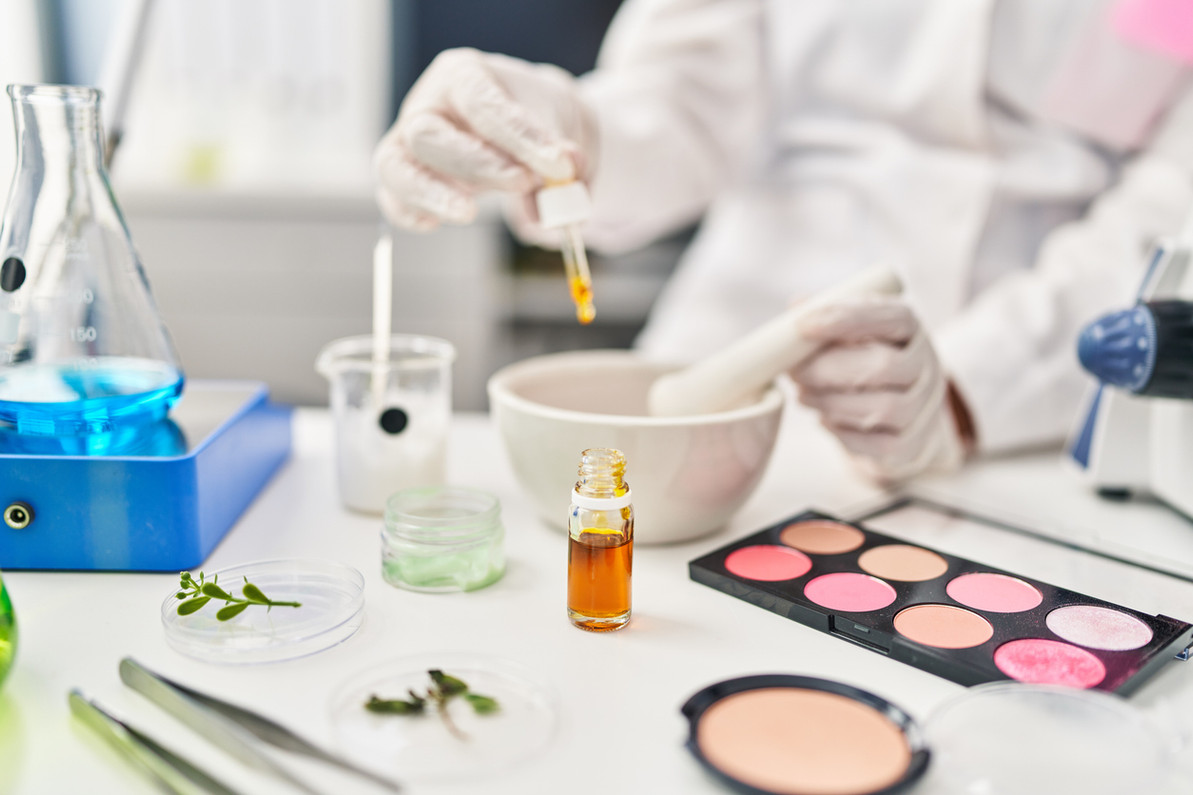DIY Beauty: The Benefits and Challenges of Making Your Own Cosmetics at Home
Have You Ever Considered Making Your Own Cosmetics at Home?
Creating your own cosmetics at home can be a rewarding and empowering experience. It allows you to take control over what you put on your skin, customize products to your needs, and potentially save money. However, it also comes with its own set of challenges. Here’s a closer look at the benefits and challenges of DIY cosmetics, along with tips to ensure safety and effectiveness.
Benefits of Making Your Own Cosmetics
- Control Over Ingredients: One of the biggest advantages of making your own cosmetics is knowing exactly what goes into them. You can avoid harmful chemicals, allergens, and irritants commonly found in commercial products.
- Customization: DIY cosmetics allow you to tailor products to your specific skin type and concerns. Whether you have sensitive skin, acne-prone skin, or need extra hydration, you can adjust recipes accordingly.
- Cost Savings: While the initial investment in ingredients and tools might seem high, in the long run, making your own products can be more cost-effective than purchasing high-end commercial cosmetics.
- Eco-Friendly: Homemade cosmetics often involve fewer preservatives and packaging, reducing your environmental footprint. Using reusable containers and natural ingredients can contribute to a more sustainable beauty routine.
- Creative Satisfaction: The process of creating your own beauty products can be fun and satisfying. It’s a creative outlet that allows you to experiment with different formulations and ingredients.
Challenges of DIY Cosmetics
- Safety Concerns: Ensuring the safety of homemade cosmetics is crucial. Without proper preservatives, products can spoil or grow bacteria, leading to skin infections or irritations.
- Effectiveness: Achieving the desired texture, stability, and efficacy can be challenging without the advanced formulations and testing that commercial products undergo. Homemade products might not always deliver the same results.
- Ingredient Sourcing: Finding high-quality, pure ingredients can be difficult and sometimes expensive. It's important to research and source ingredients from reputable suppliers.
- Time-Consuming: Making your own cosmetics can be time-consuming, from sourcing ingredients to testing and refining recipes. It requires dedication and patience.
- Allergic Reactions: Natural ingredients can still cause allergic reactions. It's essential to patch test new products to ensure they are safe for your skin.
Ensuring Safety and Effectiveness
- Research and Education: Educate yourself on cosmetic formulation, the properties of different ingredients, and proper handling techniques. There are many reputable resources and courses available online.
- Hygiene Practices: Maintain a clean workspace and sterilize all tools and containers before use to prevent contamination. Wear gloves and use distilled water in recipes to minimize the risk of introducing bacteria.
- Preservatives: Understand the role of preservatives and use them when necessary, especially in water-based products. Natural preservatives like vitamin E, grapefruit seed extract, and essential oils can help extend shelf life, but they might not be as effective as synthetic ones.
- Patch Testing: Always perform a patch test before using a new product on your face or body. Apply a small amount on your inner arm and wait 24-48 hours to check for any adverse reactions.
- Labeling and Storage: Label your products with the date of creation and ingredients used. Store them in cool, dark places to extend their shelf life and maintain their effectiveness.
- Follow Recipes: Start with tried-and-tested recipes from reputable sources before experimenting with your formulations. This can help you understand the basics of cosmetic chemistry and create more effective products.
Conclusion
Making your own cosmetics at home can be a fulfilling endeavor that offers numerous benefits, from personalized formulations to reduced environmental impact. However, it's essential to approach DIY beauty with caution and care. By educating yourself, maintaining proper hygiene, and using high-quality ingredients, you can create safe and effective products that enhance your natural beauty.
Recent Posts
-
Handmade Beauty: Start Small, Package Well, Grow Big
Step-by-Step Guide to Launching Your Handmade Cosmetic Brand If you’re ready to dive into …4th Apr 2025 -
Choosing the Perfect Plastic Bottles for Your Beauty Brand: Types, Sourcing, and Branding Tips
Choosing the Right Plastic Bottles for Your Beauty Brand The beauty industry thrives on aesthetics, …13th Mar 2025 -
How Premium Beauty Packaging Transforms Brand Identity
The Art of Luxury Beauty Packaging: Elevate Your Brand with Elegance In the competitive world of bea …3rd Feb 2025




